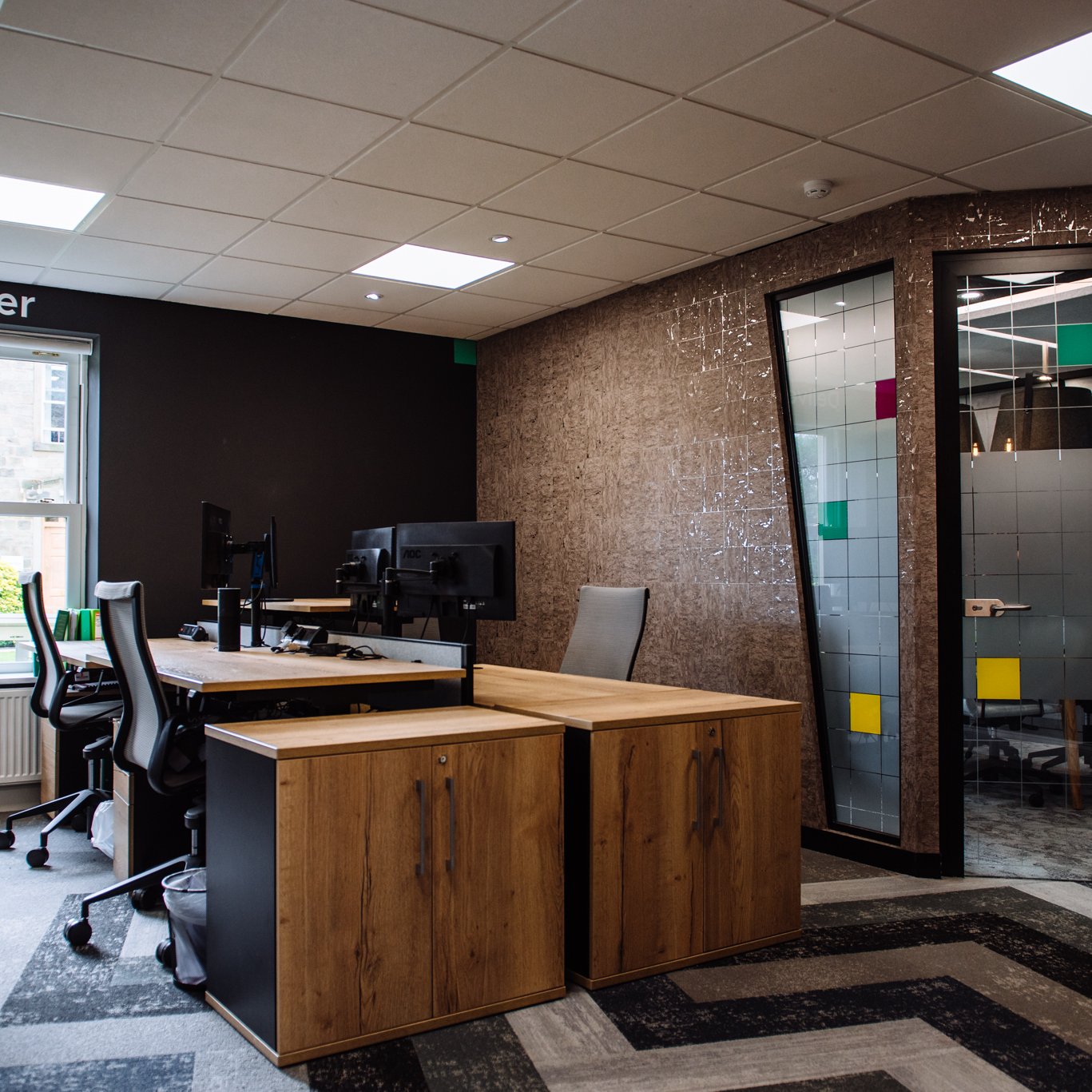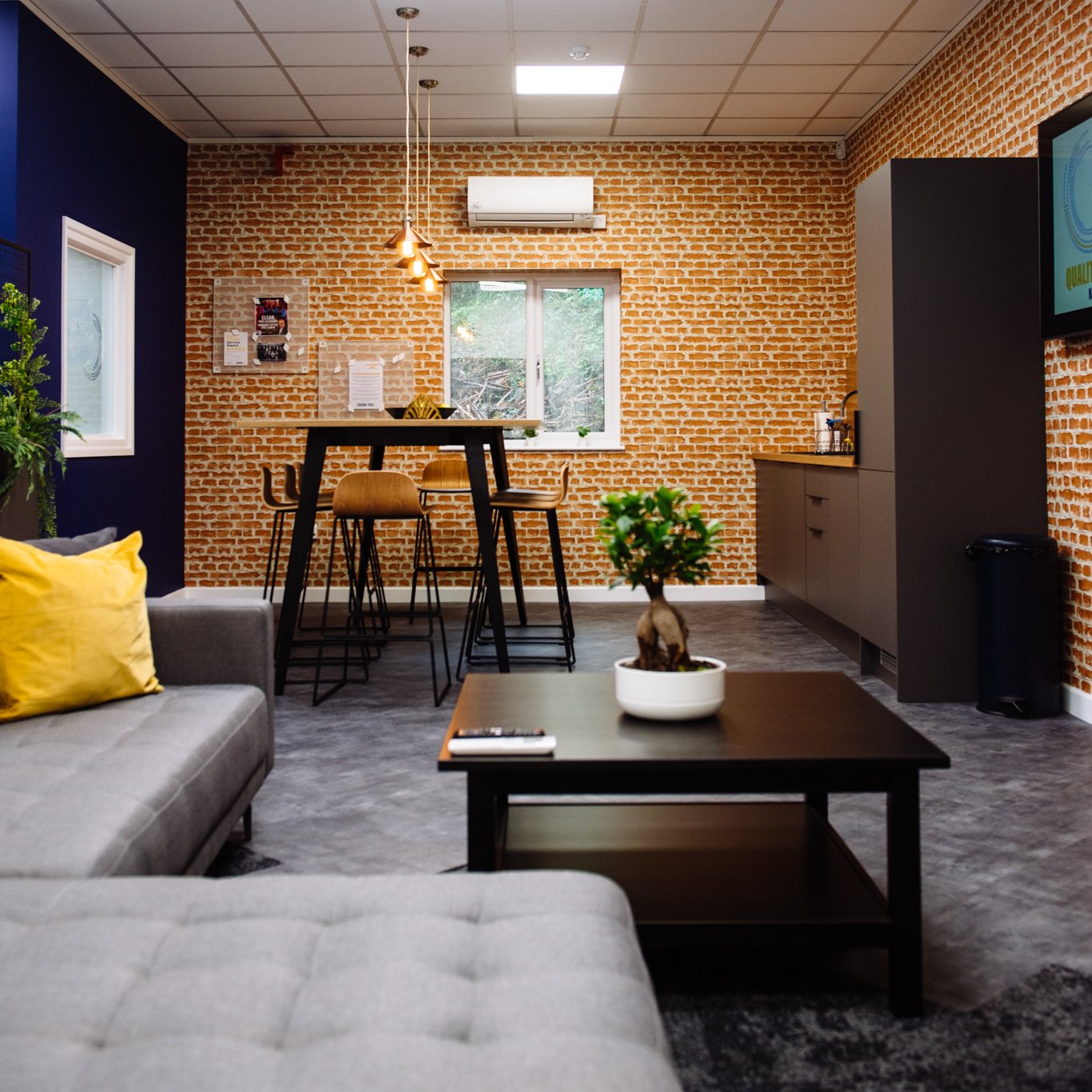Whether that’s a desk in your spare bedroom, the dining table or a corner of your bedroom, most people’s offices have become their homes during 2020. No matter, though – good workplace habits are relevant whether you’re in an office or working remotely.
It’s all the more important, then, to create good habits in the workplace now that work is home for the foreseeable future.
Something that has always been difficult, but never more so than during 2020. The whole year was a ‘flying by the seat of your pants’ situation for so many of us, as many evolved from office working to working from home (and others sadly lost jobs or were put on furlough). Many of us put in many more hours than usual, just to stay afloat. Some key workers were asked to risk their health to keep working for others. Some fought against a massively reduced workload, and therefore income. For whatever reason, that famous ‘work/life balance’ was all the more difficult to attain.
With the new year comes an impetus to change all that. We may be back in Lockdown, or in designated tiers, but one thing is clear – the impact of COVID-19 has not gone away. It’s here to stay, at least for the immediate future. So, for our mental and physical wellbeing, we owe it to ourselves to start this New Year with better, healthier workplace habits.

Think you’re too busy for lunch? Figure glueing your eyes to the screen for seven hours straight is the only way to get stuff done? Wrong. Research shows that the highest-functioning employees work on average uninterrupted for 52 minutes, before taking a 17 minute break (best spent away from their computers). Plenty of work methods tap into this idea of short, intense work with regular, short breaks. Whether it’s the Pomodoro Technique (dividing time into 25-minute increments with short breaks in between, and a longer break after 4 25-minute ‘pomodoros’), or the many apps you can install to remind you to take a break from the screen, there are several options to suit your style. The brain is a muscle, afterall, and just like all other muscles, it needs a break in order not to fatigue. Less truly is more.
Science also suggests that around six hours work per day is the most productive. Countries with longer average working hours also have lower productivity levels.
Similarly important is getting proper fuel whilst working. Don’t skip lunch! 56% of UK workers don’t take their lunch break, even though productivity can dip in the afternoon if you’re suffering with a headache (or when you get a sugar crash from the handful of biscuits you reached for at 3pm).

There is no point in chaining yourself to your desk when you’re feeling unproductive. You feel guilty for not achieving your ‘to do’ list, so you sit there mindlessly staring at it, willing yourself to find the motivation. It’s a great way to burn through your available working hours without accomplishing anything.
What’s much better is to notice your mood slump and take a complete break. Get away from your desk for a walk, a run, an errand or simply to make a cuppa and listen to the radio. Twenty minutes with your mind completely at rest is much more likely to give you the boost you need to get your motivation back.
You must get a desk and chair, in a separate room from your bedroom. You mustn’t work from the bed. Or the sofa. Or in your pyjamas. You must have silence. You must use a co-working space. Other people’s impositions on you are only helpful if you know what suits your personality and working habits first.
Some people thrive on the silence of working from home, others need the background buzz and sense of community a co-working space or cafe brings. Some need to work at a desk. For others, working in bed can be most productive (but watch your back, that posture is killer!). Don’t subscribe to anyone else’s commandments before checking in with how you actually feel, and how you naturally operate best, first.
So, if you’re not listening to anyone else’s ‘Golden Commandments’, who should you listen to? Yourself, that’s who! Of course, seeking advice is a no-brainer (why else are you here?), but the only one who can gauge what works best for you is you yourself.
Our top four tips for creating good habits when working from home are:
1. Give yourself a break. Keep your standards and expectations high, but give yourself a break (figuratively and literally!) frequently, to avoid stress, avoid burnout, and stay productive.
2. Find the working environment that’s right for you. Need that aesthetically-pleasing home office vibe, where you can shut down your computer and forget about work every evening? Then do it. But don’t think you’re doing it wrong if you’re an ‘at the dining table, radio on’ kind of worker, someone who dips in for a couple of hours and then gets a task done before returning, or someone who prefers to tap away at your local cafe. You do you.
3. Invest in your workspace. Whether you take this financially or emotionally, it’s a commitment to homeworking, and will help to determine whether this works for you or not. If spending money on a good desk, great chair and some office aesthetics makes you feel happy, confident, and proud to get to work, do it. If you find it too easy to put the ‘must do’ chores above work, invest emotionally in your work and allow yourself to feel important enough to prioritise your work, whatever you do. It’s the secret to working well from home.
4. Finally… keep a stable sleep schedule. It’s easy for ‘working hours’ to go out of the window when you work from home (indeed it’s one of the bonuses for many – finally, those night owls can work in the window that suits them best, and the fitness junkies can get that two hour jog in at lunchtime!). But don’t let work regularly keep you up all night, then sleep in late to make up for it. Sleep hygiene, a pre-bed routine and regular sleep habits have been proven to add up to better sleep quality, and we all know how important good sleep is.

Hopefully some of our tips will help you to create good workplace habits! Whether you’ll be back in the office imminently or home working for the foreseeable, these tips remain a solid foundation for a successful working environment.
If you’re an employer looking to get ahead and create a new office environment ready or the ‘new normal’, get in touch with us today.